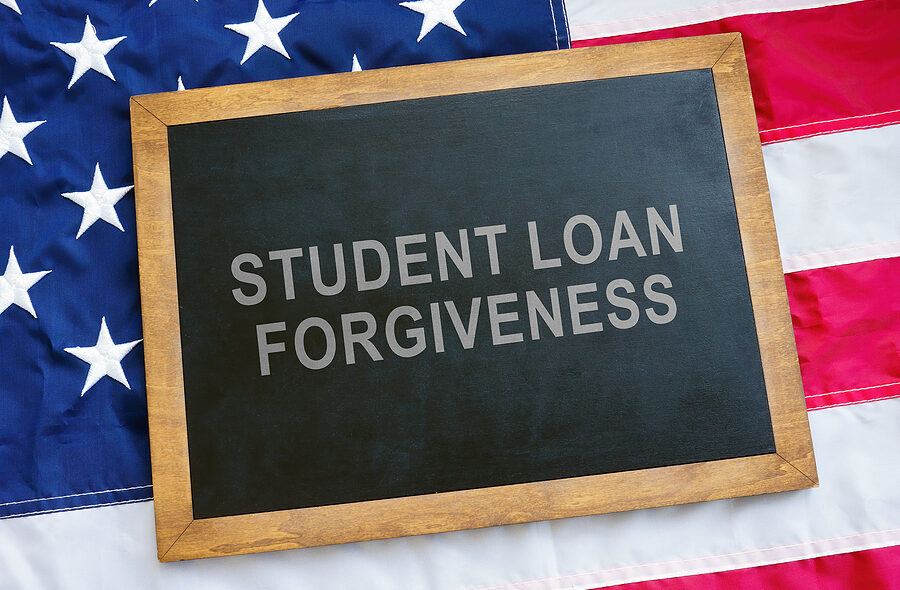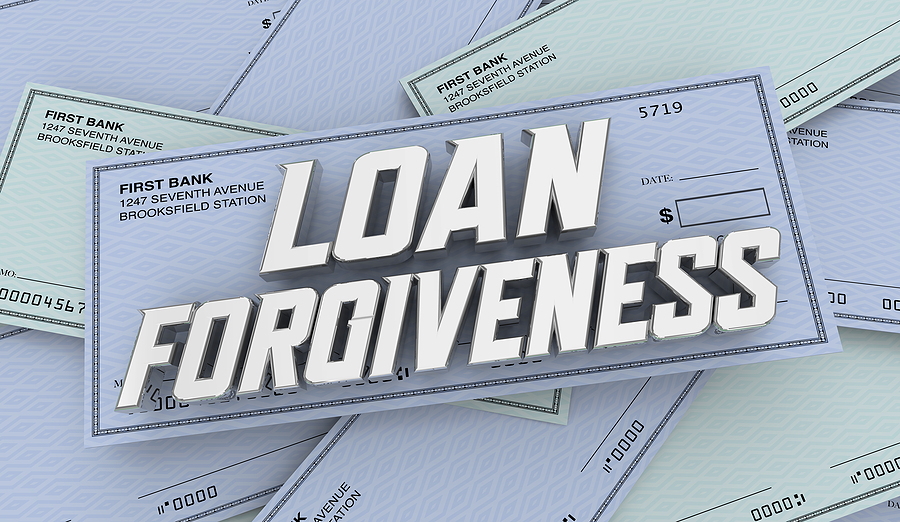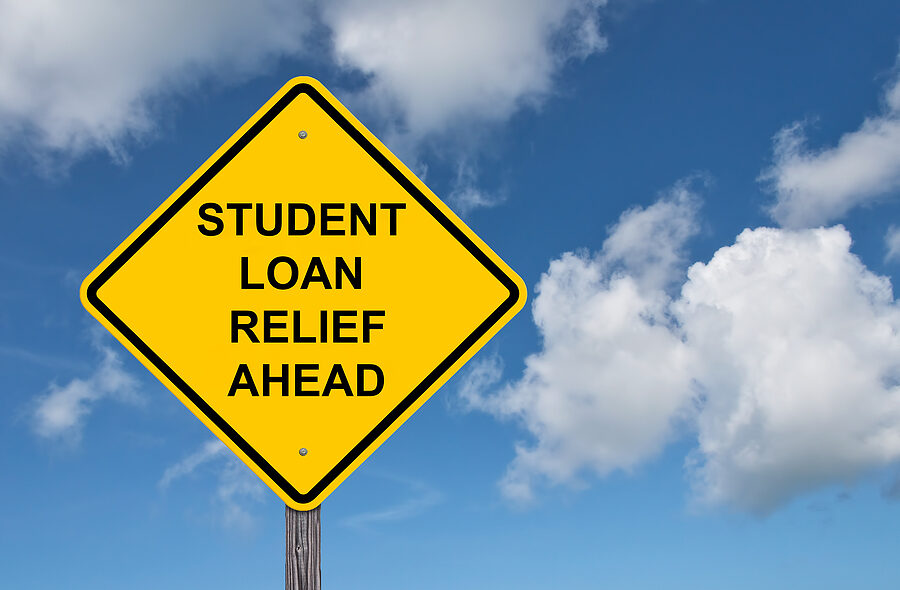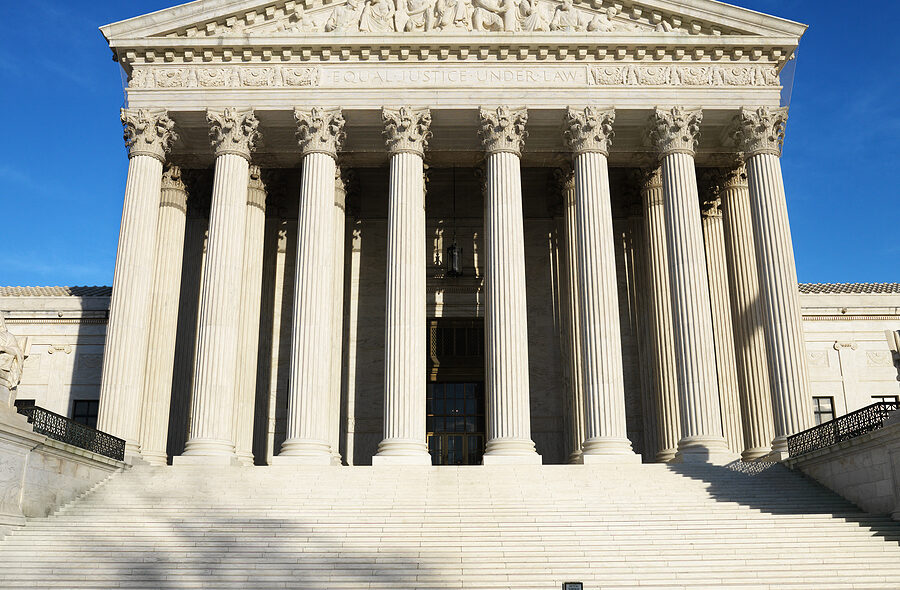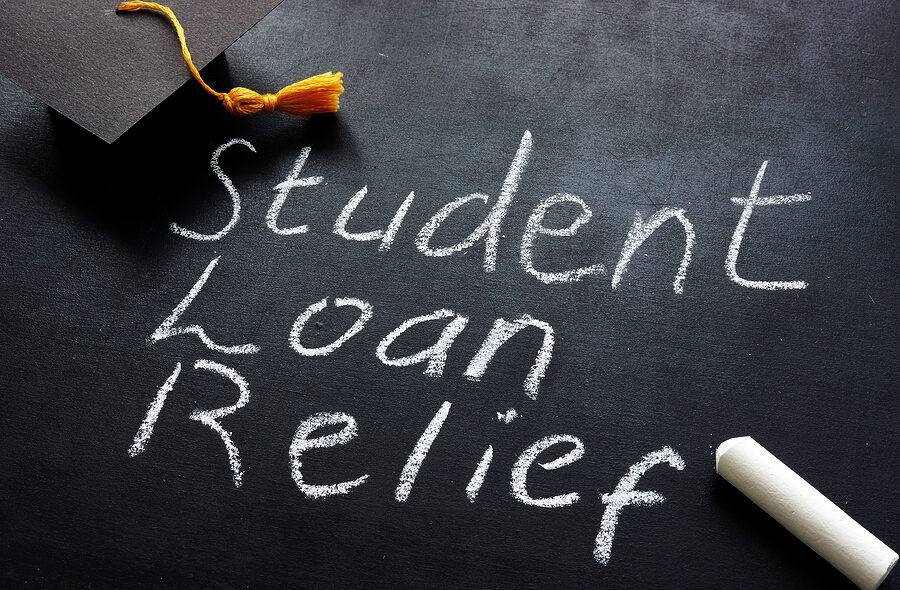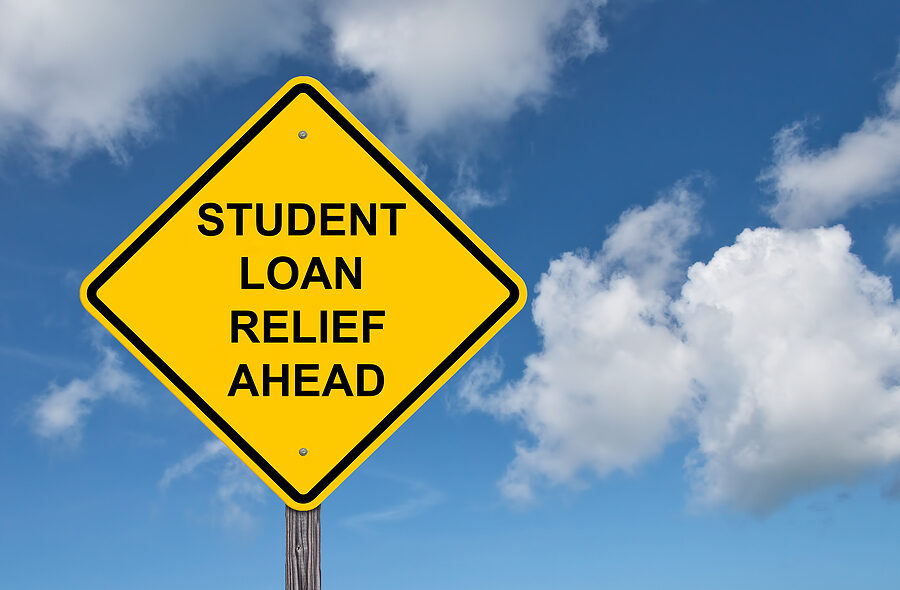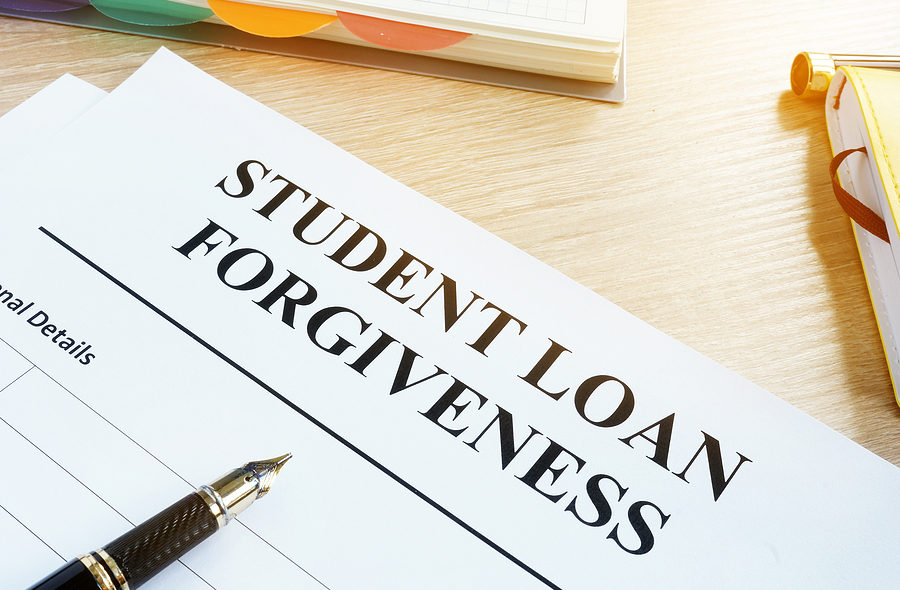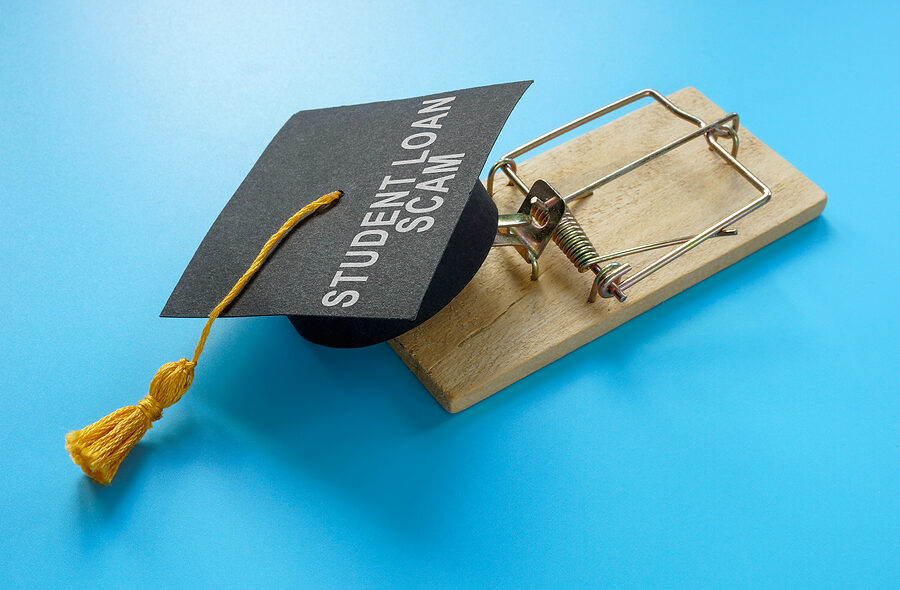If President Biden’s student loan debt cancellation plan is struck down by the U.S. Supreme Court, borrowers still have options available to them through individual state forgiveness plans.
In fact, 47 states and Washington, D.C., have their own programs, while many of them offer more than one loan forgiveness program. Every program is different with its own unique set of requirements, many of which are tailored to one profession or one specific industry. Additionally, like the Public Student Loan Forgiveness Program, many of them require the borrower to work in a specific industry for a set period of time. However, if the Supreme Court does end up striking down Biden’s proposed program, these state programs may be the only option available to borrowers.

